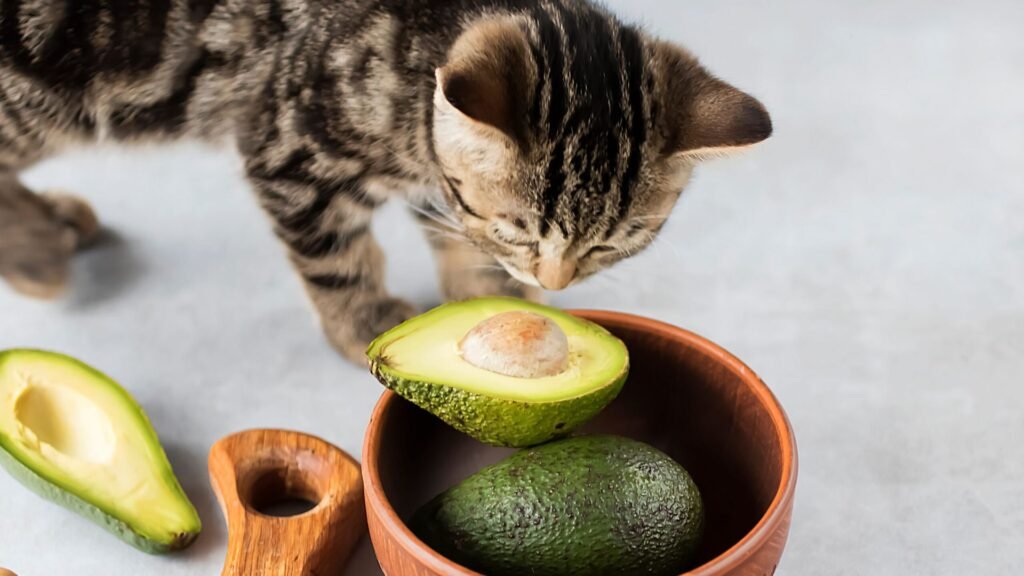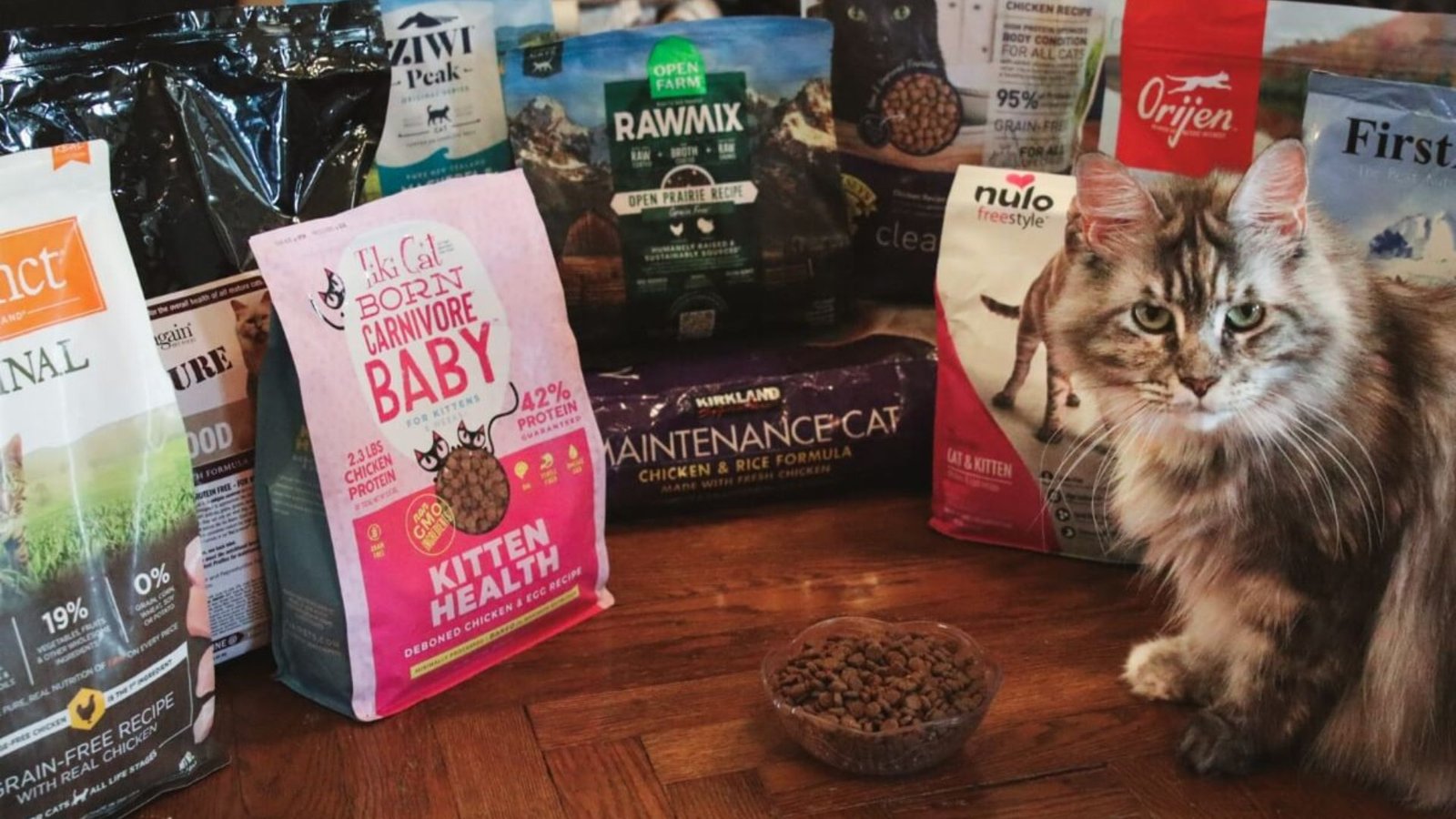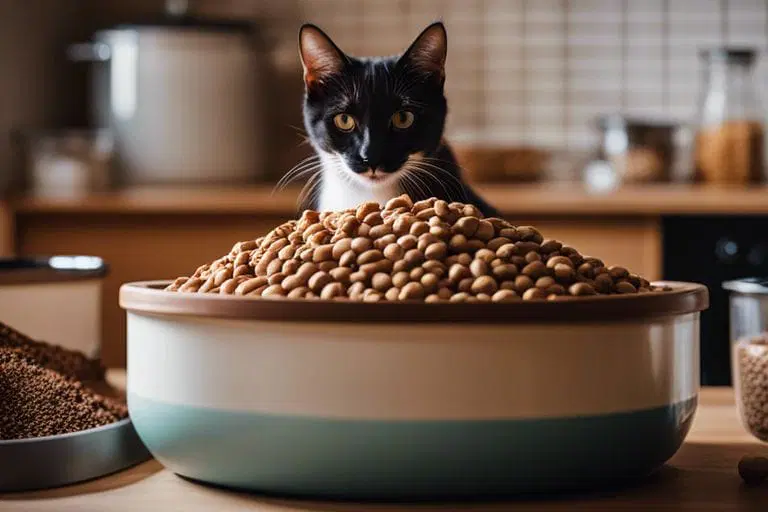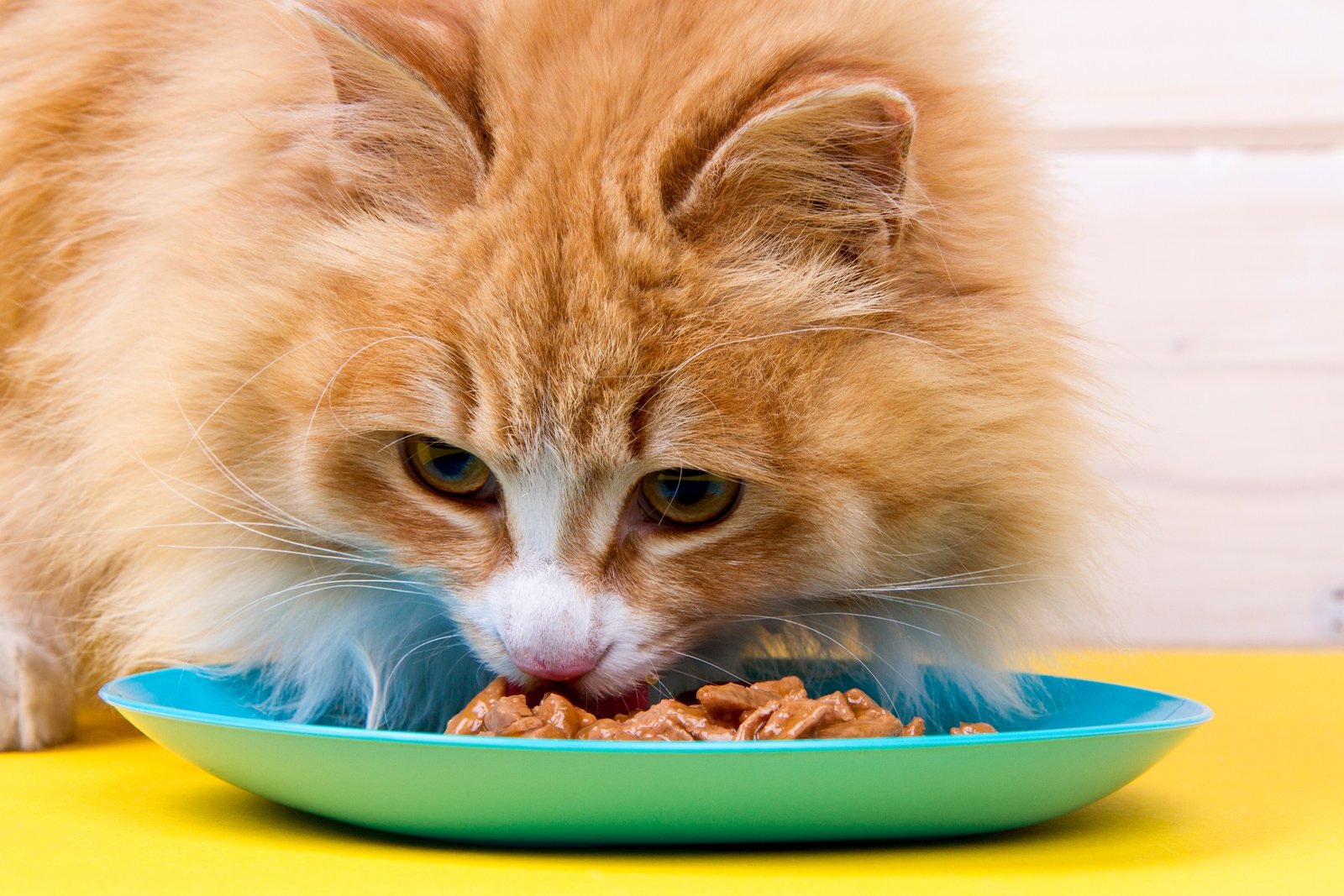As a cat owner, it’s crucial to understand which foods are toxic to your feline companion to prevent accidental poisoning and ensure their well-being. Cats have different nutritional needs and tolerances than humans, and some common foods that are safe for us can be harmful—or even deadly—to cats. In this article, we’ll explore a list of foods that are toxic to cats, signs of poisoning, and what to do if your cat consumes something dangerous.

Chocolate
Chocolate is one of the most well-known foods that is toxic to cats, and it can cause serious health problems.
- Toxic Compounds: Chocolate contains theobromine and caffeine, both of which are stimulants that can cause severe symptoms in cats.
- Symptoms: Vomiting, diarrhea, rapid breathing, seizures, and even death in extreme cases.
- What to Do: If your cat ingests chocolate, especially dark chocolate or cocoa, contact your vet immediately. The darker the chocolate, the more toxic it is to cats.
Onions and Garlic
Both onions and garlic, whether raw, cooked, or powdered, are toxic to cats.
- Toxic Compounds: They contain thiosulfate, which can damage your cat’s red blood cells and cause anemia.
- Symptoms: Weakness, lethargy, reduced appetite, and in severe cases, jaundice or organ damage.
- What to Do: If your cat eats a large amount of onions or garlic, contact your vet. The toxic effects can accumulate over time, so even small amounts can be dangerous in the long run.
Alcohol
Alcohol is extremely toxic to cats and can cause serious health issues even in small amounts.
- Toxic Compounds: Alcohol contains ethanol, which depresses the nervous system and affects the liver and kidneys.
- Symptoms: Vomiting, disorientation, lethargy, difficulty breathing, and potentially, death.
- What to Do: If your cat consumes alcohol, take them to the vet immediately. Even small amounts of alcohol can be fatal.
Grapes and Raisins
Grapes and raisins are toxic to cats, though the exact substance responsible for the toxicity is still not fully understood.
- Toxic Compounds: The compounds in grapes and raisins can cause acute kidney failure in some cats.
- Symptoms: Vomiting, lethargy, loss of appetite, and kidney failure.
- What to Do: If your cat eats grapes or raisins, contact your vet right away. The symptoms may not appear immediately, but kidney damage can develop over time.
Xylitol
Xylitol is a sugar substitute commonly found in sugar-free gum, candies, and baked goods. It’s extremely toxic to cats.
- Toxic Compounds: Xylitol causes a rapid release of insulin in cats, which can lead to dangerously low blood sugar levels (hypoglycemia).
- Symptoms: Vomiting, loss of coordination, lethargy, seizures, and in severe cases, liver failure.
- What to Do: If your cat eats something containing xylitol, contact your vet immediately for treatment. Quick action can prevent serious complications.
Caffeine
Caffeine, found in coffee, tea, energy drinks, and some medications, is harmful to cats.
- Toxic Compounds: Caffeine is a stimulant that can cause overstimulation of the heart and nervous system.
- Symptoms: Restlessness, rapid breathing, increased heart rate, muscle tremors, and seizures.
- What to Do: If your cat consumes caffeine, especially in large amounts, take them to the vet for immediate care. The effects can be severe, depending on the amount ingested.
Dairy Products
While many cats enjoy milk and cheese, dairy products can cause digestive problems for most cats.
- Toxic Compounds: Cats are lactose intolerant, meaning they lack the enzyme needed to properly digest lactose in milk and dairy.
- Symptoms: Diarrhea, stomach upset, and vomiting.
- What to Do: If your cat consumes dairy and shows signs of stomach upset, offer them water to help flush out the lactose. Avoid giving them dairy in the future to prevent digestive issues.
Conclusion
Protecting your cat from toxic foods is vital to their health and well-being. By knowing which foods are dangerous and keeping them out of your cat’s reach, you can avoid accidents and ensure your cat stays safe. If you’re ever unsure whether a food is safe for your cat, it’s always better to err on the side of caution and consult your vet. Keeping your cat’s diet appropriate for their needs will help them stay healthy and happy for years to come.




